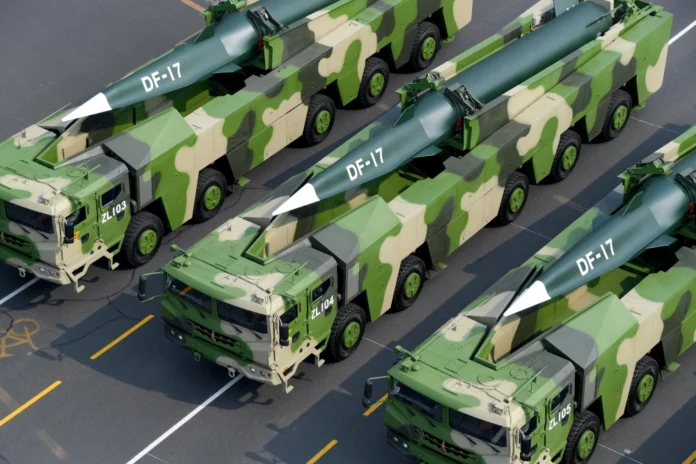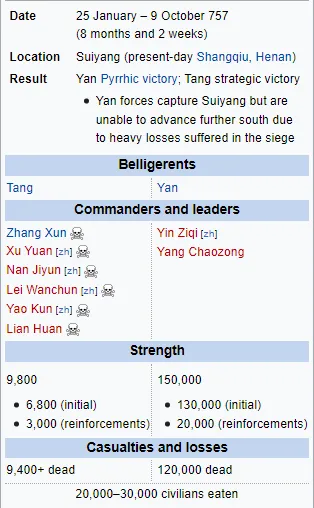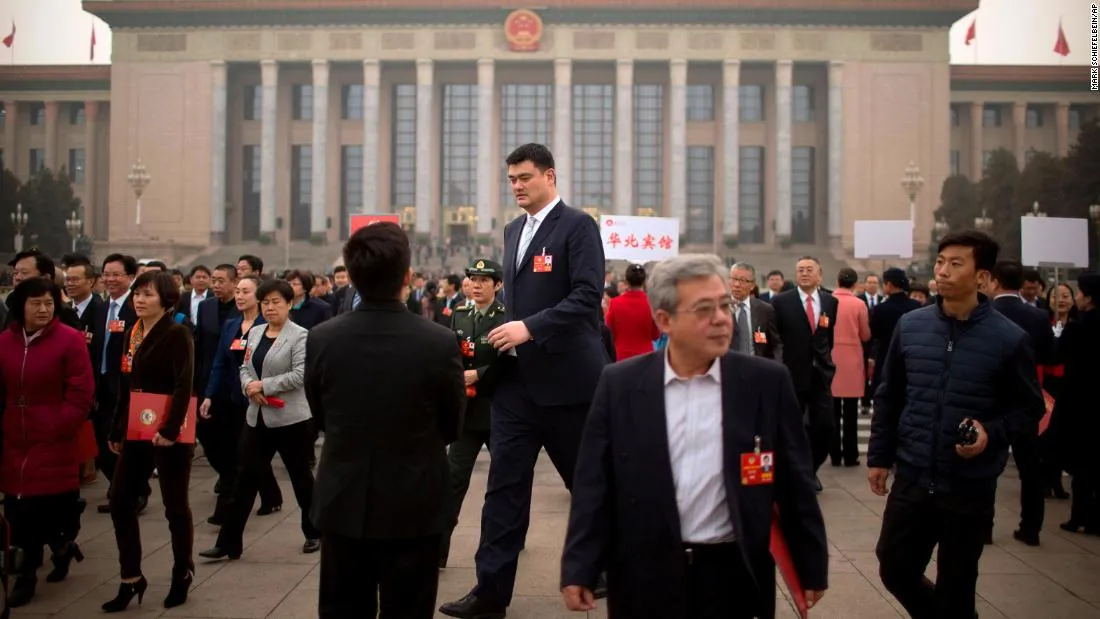China has long been a large nation in terms of populace. However, it has only recently become geopolitically important, due entirely to Western interference. The Chinese like to boast about thousands of years of continuous civilisation, but this is an empty claim. For most of China’s past, it has been ruled not by Han Chinese, but by various elite groups of foreigners, such as the Manchu, while the Han themselves were relegated to the lower rungs of society. To say China has an uninterrupted history of thousands of years would be like saying that Turkey’s history is uninterrupted since the Trojan War and that modern day Turks are the descendants of Priam. What we understand as “Chinese” ethnically is really a mashup of dozens of different ethnic groups who were repeatedly invaded, slaughtered, mongrelised, and dominated by outsiders. Oh, and eaten as well.
Even in recent history, much Chinese “culture” is simply made up or reconstructed, as the Cultural Revolution wiped the slate totally clean. To be as charitable as possible, modern day China has as much cultural relation to pre-Communist China as modern day Europe does to pre-Christian Europe.
That said, east Asians of all ethnic groups have very tight boundaries on their genotypic diversity – this doesn’t just manifest phenotypically, that is to say in the way that they physically appear, but also mentally and in their genetic potential. The IQ of east Asian groups, although a little higher on average than Western populations, clusters much more tightly around the mean and produces very few ultra-high or ultra-low IQ individuals. An easy way to think about this is that although every single Chinese person has black hair, black eyes, and is around 5’6” tall, you sometimes get someone like Yao Ming – at over 7ft tall, he is perhaps one in a billion in China, while everyone around him will be almost without exception the same height as each other. In Western populations, we have far more difference in our colouration and height. The genes that control the way humans look are only contained in about 20% of our genome, while the other 80% goes toward our brain development, so you can see how this would explain the ideological diversity in European cultures as well. You can imagine how ineffective outsider thought would be among such people as in China.
This is what drives the conformist honour cultures there, and the conformist politically-correct “Westernised” Asians in our countries. They quickly and adeptly perceive what the dominant belief is and become its most ardent defenders. This means that Asian societies are highly resistant to change, but when it does happen it is total, and anything otherwise is expunged. In Western countries we talk about there being 10-20% of the population that exists on the fringes of any given bell curve, and we are quite used to the idea of society radically changing even several times within our lifetimes. In Asian societies, it’s probably closer to 1 or 2% that is on the radical fringe. They will otherwise happily do the same thing over and over for thousands of years, refining a system or honing a craft, and not thinking to change course until the path of tradition is closed to them.
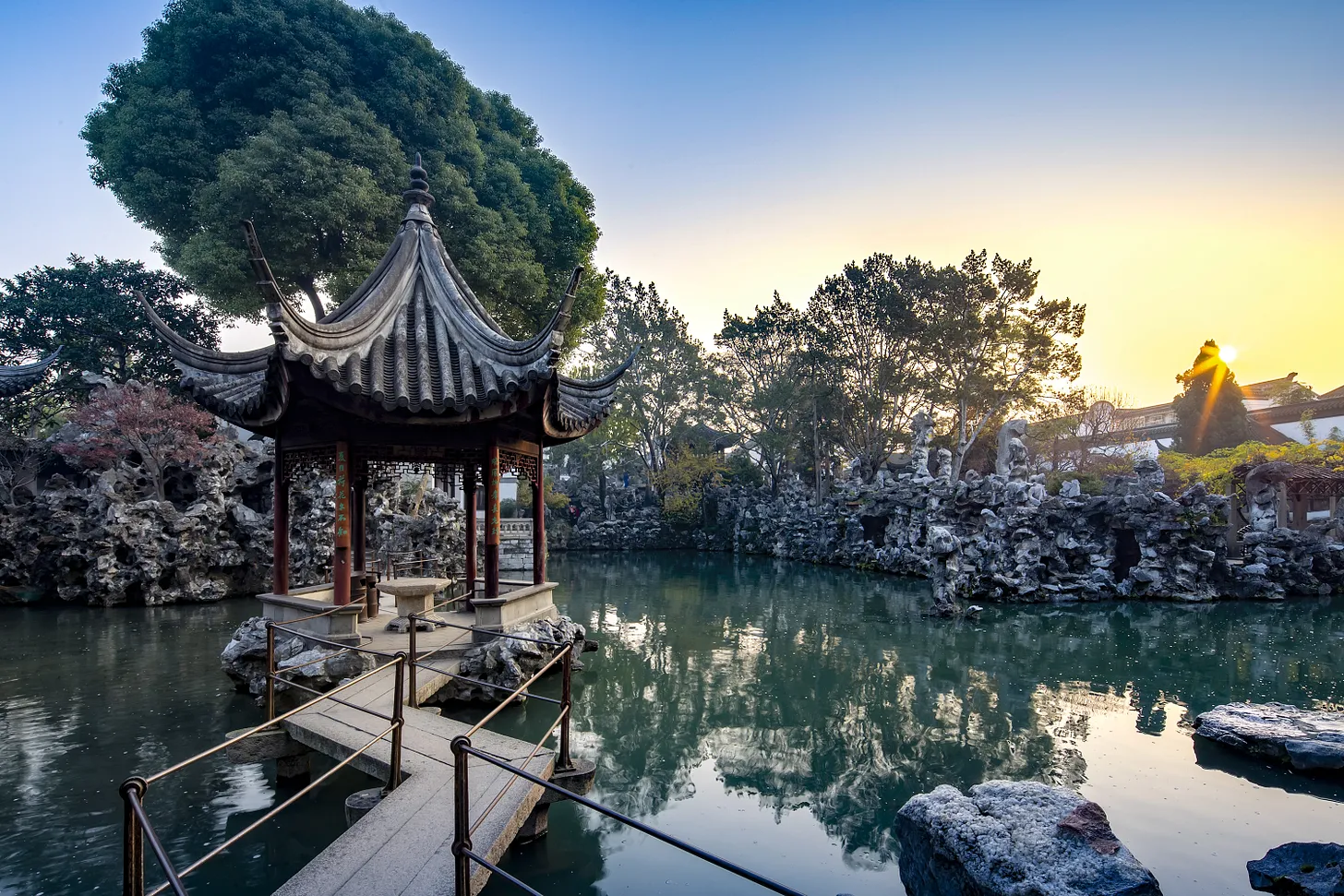 In Oswald Spengler’s magnum opus The Decline of the West, he adumbrates the Chinese civilisational spirit as “following the crooked path” – what he means by this is that the Chinese walk through history is a ponderous meandering, a few steps forward here, a few steps back there, and never too many in one direction without some sort of equal reaction to pull it back into place. It’s an idea perfectly encapsulated by the Chinese garden – if you’ve ever been to an authentic Chinese garden, you’ll quickly realise that the point of it is to wander over the grounds with a curious, contrived sort of direction. The buildings on it are simply there to be part of the manicured enclosure – it’s all an exercise in presentation. This is why Feng Shui developed in China – you could call it “the art of saving face”. Politically, this feeds into China not being defined by outlier great men, but by its strictly controlling bureaucracy. Consider the great explorer Zheng He, whose huge fleets were legendary by world standards at the time. Only a few decades after his death, however, many Chinese chronicles simply ignored his amazing voyages. They were too far outside the norm of Chinese society, and could not be parsed into the webs of court intrigue, and so were considered not worth mentioning. In the West, we define ourselves by our limitless exploration of both the real world and of ideas, so this is a very alien outlook for us and one that can be hard to keep in mind when dealing practically with other ethnic groups.
In Oswald Spengler’s magnum opus The Decline of the West, he adumbrates the Chinese civilisational spirit as “following the crooked path” – what he means by this is that the Chinese walk through history is a ponderous meandering, a few steps forward here, a few steps back there, and never too many in one direction without some sort of equal reaction to pull it back into place. It’s an idea perfectly encapsulated by the Chinese garden – if you’ve ever been to an authentic Chinese garden, you’ll quickly realise that the point of it is to wander over the grounds with a curious, contrived sort of direction. The buildings on it are simply there to be part of the manicured enclosure – it’s all an exercise in presentation. This is why Feng Shui developed in China – you could call it “the art of saving face”. Politically, this feeds into China not being defined by outlier great men, but by its strictly controlling bureaucracy. Consider the great explorer Zheng He, whose huge fleets were legendary by world standards at the time. Only a few decades after his death, however, many Chinese chronicles simply ignored his amazing voyages. They were too far outside the norm of Chinese society, and could not be parsed into the webs of court intrigue, and so were considered not worth mentioning. In the West, we define ourselves by our limitless exploration of both the real world and of ideas, so this is a very alien outlook for us and one that can be hard to keep in mind when dealing practically with other ethnic groups.
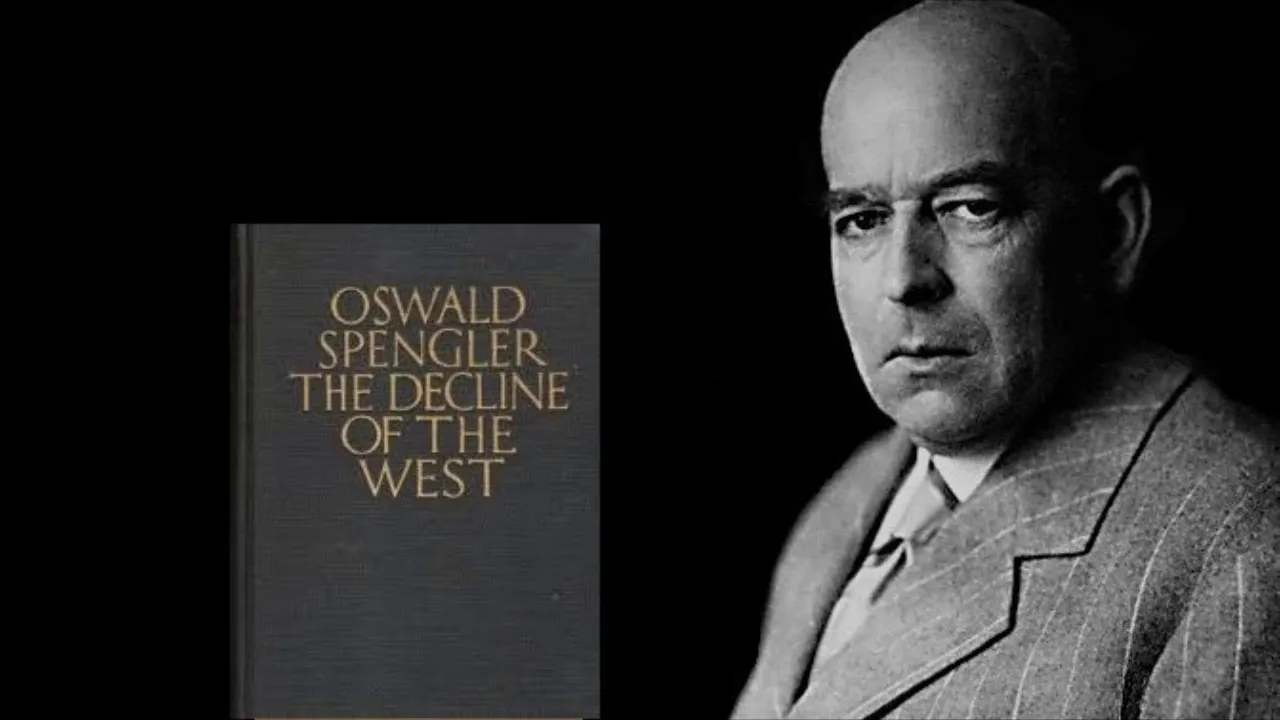 To tie these points together, although Chinese civilisation has been radically changed by outside forces, they are still a highly conformist group dominated by enormous bureaucracy and a desire to maintain status and the facade of public decorum. The true purpose of the Great Firewall of China is not to keep their citizens in line, as they will do that themselves naturally (see their behaviour when outside of China for proof of that); rather, it is to keep outside eyes from seeing what goes on behind their carefully curated mask.
To tie these points together, although Chinese civilisation has been radically changed by outside forces, they are still a highly conformist group dominated by enormous bureaucracy and a desire to maintain status and the facade of public decorum. The true purpose of the Great Firewall of China is not to keep their citizens in line, as they will do that themselves naturally (see their behaviour when outside of China for proof of that); rather, it is to keep outside eyes from seeing what goes on behind their carefully curated mask.
The behaviour of the Chinese state in the time of Xi Jinping is unusual, and counter to their historical behaviour. China is not an expansionist nation, historically speaking. They are not great manufacturers and innovators, nor are they savvy merchants and businessmen. Under Xi’s direction, they have ventured out into a large, chaotic world, and to their credit have held their own fairly well. However, this should not be expected to be permanent. China will not be breathing down the neck of smaller Western countries forever. Xi Jinping will not live forever, and whoever comes after him will pull China back into itself, where it will then stay for hundreds of years. Xi is such a novel figure, in fact, that there is good money on him being taken out of the picture by the bureaucracy. Unlike such figures in Western history, he will be written out of their history and largely ignored. If our politicians understood this, they would not have so quickly sold us out.
Originally published at Mike Rusade’s Micro Crusade.

